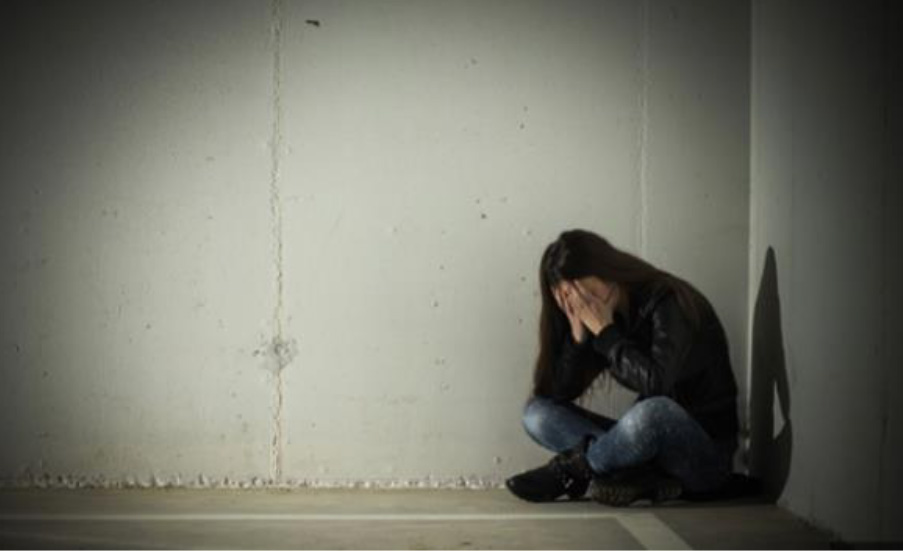Drug Abuse and Mental Illness in Adolescents
Teenagers are by definition moody, anxious and often very hard to work out. How does a parent of a moody child distinguish the difference between a mental health disorder, adolescent substance abuse or ….just being a teenager?
Maybe all of the above...

What might be behind a young person’s change in behavior is often hard to pin down, particularly when substance use and mental health are both factors. But understanding how these challenges can manifest in a child’s life, and sometimes entwine to create new problems or complicate treatment, is essential to keeping kids healthy.
Addiction causes one to compulsively abuse drugs despite wanting to quit using or dealing with harmful consequences because of the need it creates. Mental health disorders create symptoms that impact your thoughts, feelings, and behaviors. Both mental illness and substance abuse in teens can cause debilitating symptoms that impact daily life.
Struggling with depression or anxiety can make it hard to cope with negative emotions. Failing to receive treatment can lead to drugs and alcohol, presenting an attractive way to self-medicate. Mental illness and substance abuse in teens is connected because troubling emotions and mental health symptoms can lower inhibitions and impair judgment. This can make you more likely to experiment with drugs and alcohol, especially since intoxication immediately alleviates certain symptoms.
Unfortunately, drugs and alcohol create neurotransmitter imbalances that aggravate mental health conditions. That makes mental illness and substance abuse in teens a dangerous mix, as it can create a troubling pattern of relying on drugs and alcohol to cope with stress, major life changes, and anxiety.
Common signs of mental illness and substance abuse in teens include:
• Drastic changes in behavior
• Poor grades and truancy
• Hanging out with friends who use drugs and alcohol
• Increased anger • Weight loss and changes in appearance
• Isolating from others
Drug abuse and mental disorders like depression and anxiety are commonly found together in teens. In fact, dual diagnosis occurs in more than half of all teens who abuse drugs. According to the National Institute on Drug Abuse, 6 in 10 substance abusers also have a mental disorder. The human brain is still developing well into a person’s early 20s. Most mental illnesses develop during this period of growth. This period is also when the brain is most vulnerable to damage from drug abuse. Many addiction specialists believe teens with mood disorders turn to drugs and alcohol to self-medicate. Psychologists conduct research every day to better understand the links between addiction and mood disorders. Specialized treatment centers have the expertise and resources needed to help teens with co-occurring disorders recover.
Kids who are anxious or depressed may feel more emotionally “balanced” if they drink or smoke marijuana. For socially anxious kids, it can quiet the anxiety enough to allow them to function in peer groups. And since their friends do it, it’s not stigmatized the way taking medication is.
It’s also common for children with mental health or learning disorders to develop self - esteem problems, a sense that there’s something wrong with them or that they’re flawed. When these children reach adolescence with its focus on fitting in. They really want to be normal, and they don’t feel normal. And that means they’re more vulnerable to somebody passing around a drug because they’re just trying to feel better.
Healing Wings Drug Rehabilitation Centre
References:
https://childmind.org/article/mental-health-disorders-and-substance-use/
https://www.cdc.gov/healthyyouth/substance-use/index.htm
https://www.ncbi.nlm.nih.gov/pmc/articles/PMC3923628/
